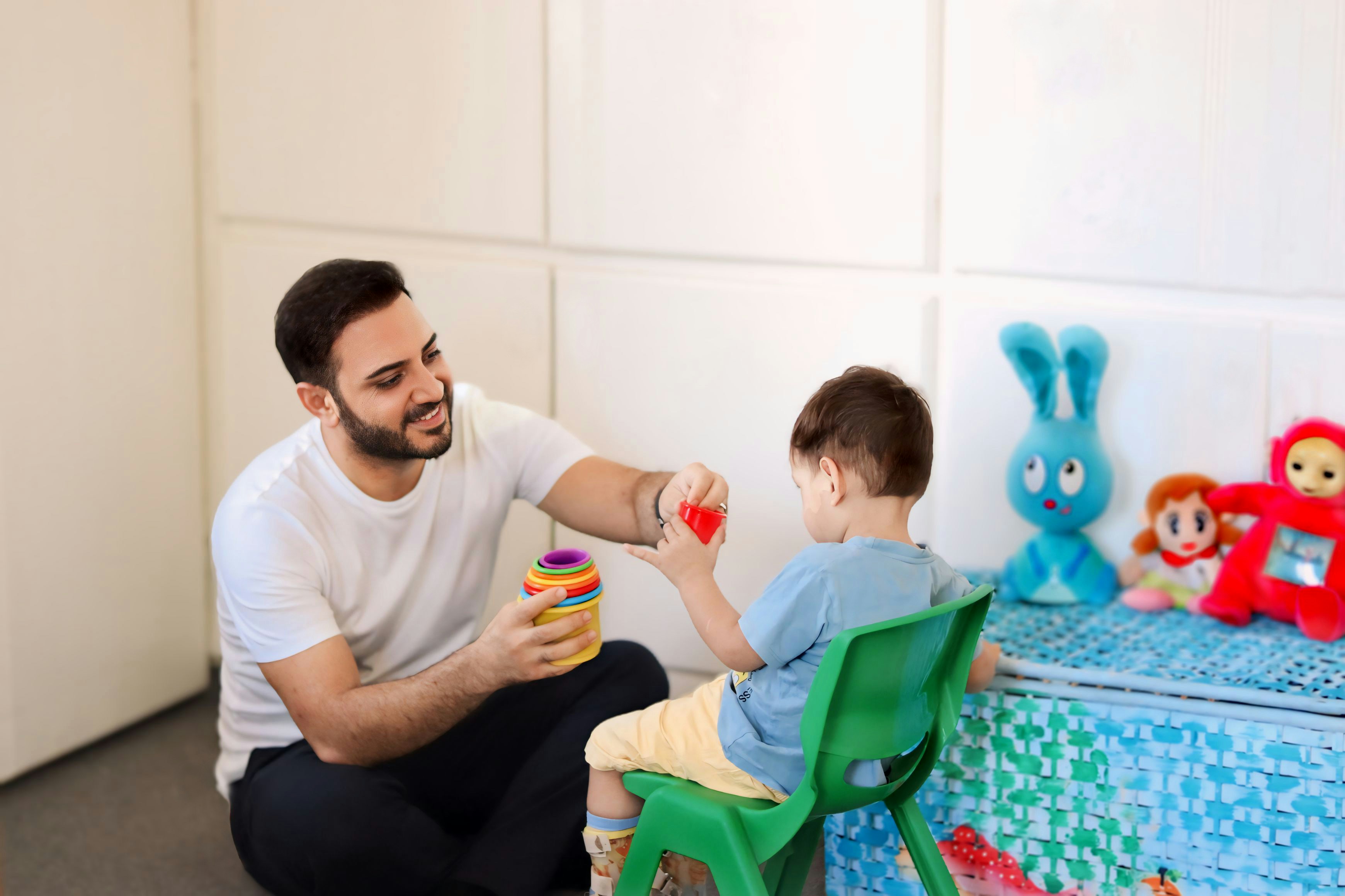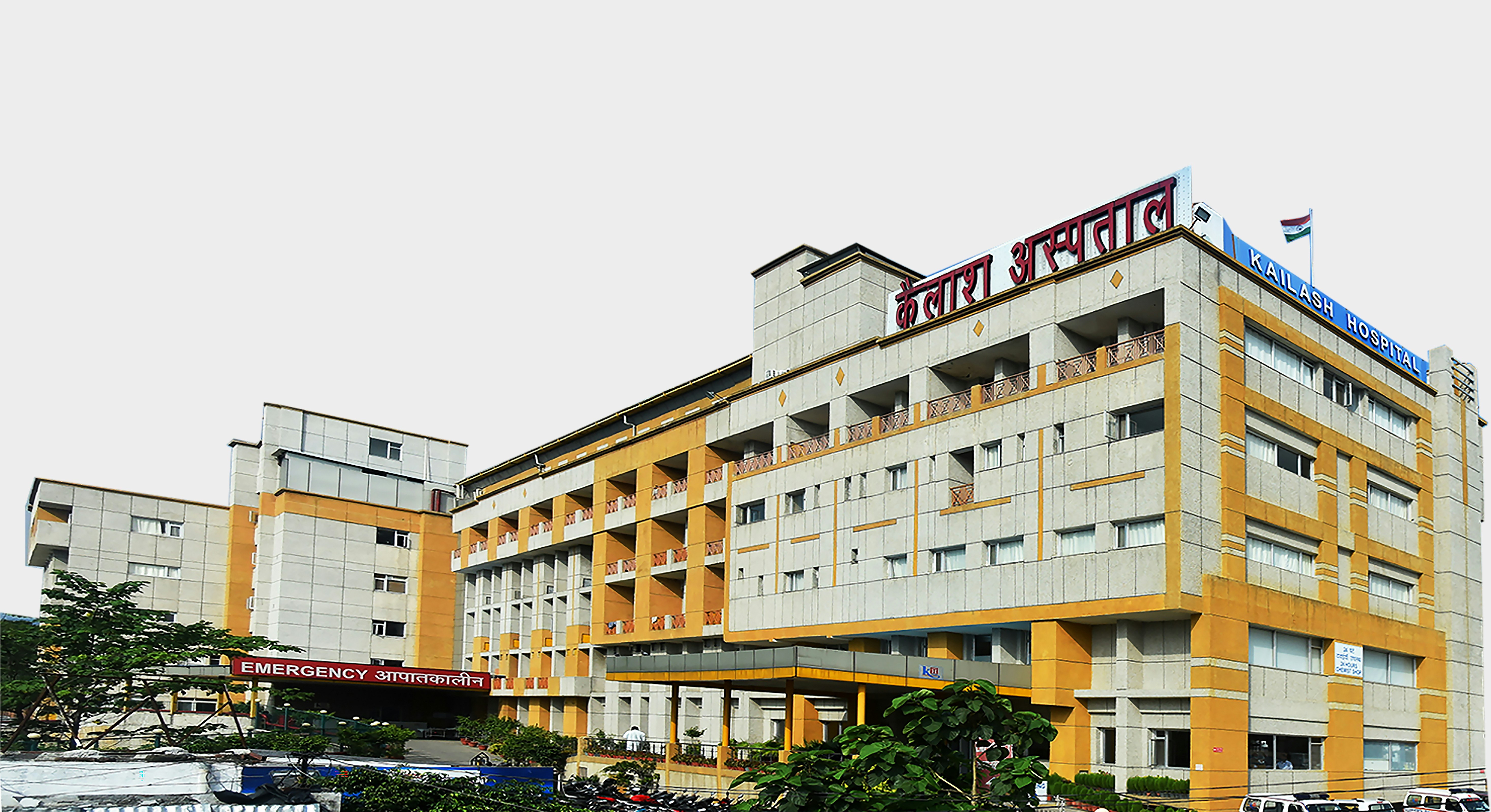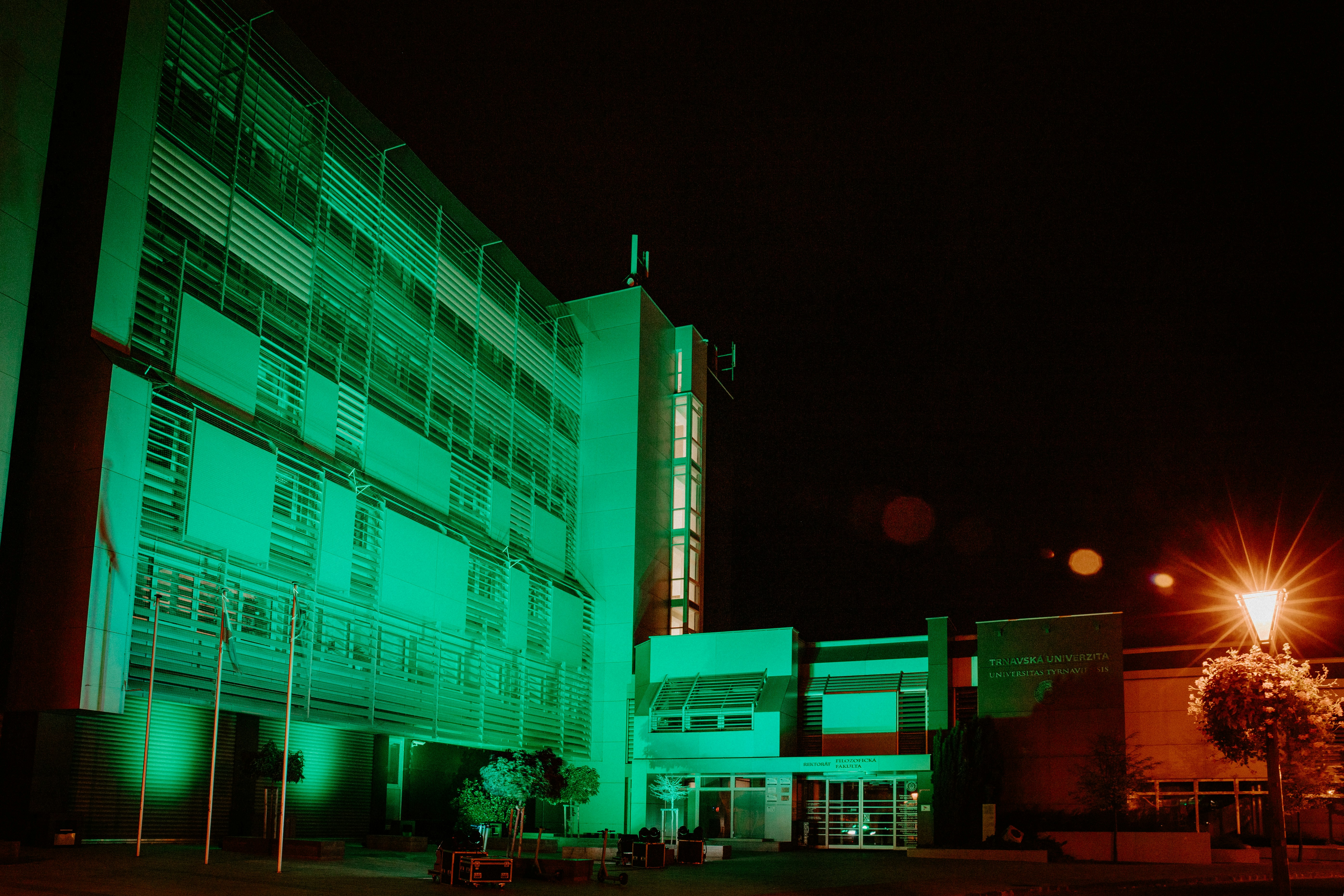Autism Testing Centers In Washington DC: Where To Get Tested

Getting tested for autism can be a life-changing step — whether you’re a parent seeking answers for your child, a teen navigating school challenges, or an adult finally connecting the dots about lifelong differences.
Autism testing isn’t about labeling — it’s about understanding. A proper diagnosis opens doors to support, therapies, and services that can improve daily life, communication, and independence.
Who Should Consider Getting Evaluated
Autism shows up differently in everyone. Some people may struggle with social interactions, routines, or sensory sensitivities, while others may find it hard to communicate feelings or adapt to changes. If you or someone you care about shows signs of autism — at any age — getting evaluated is a smart and empowering first step.
In Washington, DC, you’ll find a wide range of trusted places that offer autism testing — from nationally recognized children’s hospitals to adult-focused practices and affordable university-based clinics.
In this guide, we’ll help you explore the best options based on your age, location, and unique needs — so you can move forward with clarity and confidence.
Types of Autism Testing Services in Washington, DC
Not all autism testing looks the same. The process can vary depending on your age, symptoms, and whether you’re seeking a quick screening or a full diagnosis. Here’s a simple breakdown of the types of autism testing services available in Washington, DC:
Diagnostic Evaluations for Children
For young children, early diagnosis is key. In DC, these evaluations are often done by a team that may include child psychologists, speech-language pathologists, or developmental pediatricians. The goal is to carefully observe your child’s behavior, communication, and play — and compare it with typical developmental milestones.
What it includes:
- Parent or caregiver interviews
- Play-based assessments
- Speech/language evaluations
- Observation of social skills and interactions
These evaluations help parents understand whether their child is on the autism spectrum and what kinds of early interventions could be most helpful.
Autism Testing for Teens and Adults
Some older kids and adults may be missed earlier in life — especially if they’ve learned to mask symptoms or were misdiagnosed. In DC, autism testing for teens and adults typically focuses on life history, behavioral patterns, and how autism shows up in everyday situations.
What it includes:
- Personal interviews
- Questionnaires on daily habits and social skills
- Feedback from family members, teachers, or close friends
- Cognitive or psychological testing (when needed)
These assessments can uncover signs of autism that weren’t recognized in childhood but still impact relationships, education, or employment.
Developmental Screenings vs. Comprehensive Assessments
Not sure where to start? Some clinics in DC offer developmental screenings — shorter visits that help flag possible signs of autism. These can be a great first step, especially for toddlers or if you’re unsure whether a full evaluation is needed.
If signs of autism are more apparent, a comprehensive assessment is the next step. This is a detailed process conducted by licensed specialists, leading to a formal diagnosis if appropriate.
Quick tip:
- Screening = quick check
- Full assessment = deep dive
Who Performs Autism Testing in Washington, DC?
Depending on the provider, evaluations in DC can be done by:
- Developmental pediatricians
- Licensed psychologists
- Neuropsychologists
- Autism centers with multi-specialist teams
Each may use different testing tools, but the goal is the same: to understand how the brain processes the world — especially in areas like social cues, communication, and behavior.
Top Places to Get Tested for Autism in Washington, DC
Whether you’re looking for a diagnosis for your child, teen, or yourself as an adult, Washington, DC offers several excellent hospitals, clinics, and programs specializing in autism testing. Below, we’ve grouped some of the best options by age group and type of service.
For Children and Teens
- Children’s National Hospital – Center for Autism Spectrum Disorders (CASD)
What They Offer: CASD provides full diagnostic evaluations for children as young as 18 months. They use trusted tools like the ADOS-2 (Autism Diagnostic Observation Schedule) to ensure an accurate diagnosis.
Why Parents Choose It: One of the nation’s leading pediatric hospitals, Children’s National has a dedicated autism program with developmental pediatricians, psychologists, and speech-language pathologists working together. They also connect families to early intervention services right after diagnosis.
Extra Support: Bilingual services and community resource navigation for families.
Website: childrensnational.org - Georgetown University Center for Child and Human Development
What They Offer: Comprehensive autism evaluations through a multidisciplinary team, including developmental pediatricians, psychologists, and social workers.
Why It’s Great: Known for thorough assessments, especially for children with complex developmental or medical needs. Offers follow-up recommendations and guidance for school-based supports like IEPs.
Insurance Accepted: Most major health insurance plans; some grant-based funding available.
Website: gucchd.georgetown.edu - Kennedy Krieger Institute – DC Area Services
What They Offer: While headquartered in Baltimore, Kennedy Krieger has partnerships and satellite programs serving DC families. They provide diagnostic testing, therapy referrals, and parent training programs.
Why Families Like It: Highly respected for working with children who have multiple diagnoses or complex behaviors.
Quick Appointments: Wait times can vary, but some families report faster scheduling than large hospitals.
Website: kennedykrieger.org
For Adults
- George Washington University Autism and Neurodevelopmental Program
What They Offer: Evaluations for adults who may be seeking an autism diagnosis later in life. Services include interviews, observation, and testing tools designed specifically for adult assessment.
Why Adults Choose It: The program focuses on creating a comfortable, respectful environment that encourages self-discovery. They can also connect adults to counseling, support groups, and vocational resources.
Helpful For: Women, BIPOC adults, and others who may have been missed in childhood.
Website: gwdocs.com - The Ross Center – Washington, DC
What They Offer: Autism and psychological evaluations for teens and adults, including co-occurring conditions like anxiety or ADHD.
Why It’s Great: A private practice setting with experienced psychologists who specialize in neurodiverse presentations. They provide detailed written reports and referrals for therapy or coaching.
Services Included: Counseling, CBT, and social skills support.
Website: rosscenter.com - Howard University Psychology Clinic
What They Offer: Autism and developmental screenings as part of graduate training programs, supervised by licensed psychologists.
Why It’s Unique: A lower-cost option for adults and older teens who may not have insurance. Sliding scale fees make it accessible for more families.
Good Fit For: College students, young professionals, or adults seeking better self-understanding.
Website: coas.howard.edu
Multidisciplinary Autism Evaluation Centers
These centers bring together specialists from different fields to create a full picture of a person’s needs.
- Children’s National – Neurodevelopmental and Behavioral Pediatrics
What They Offer: Comprehensive autism and developmental evaluations for children and teens, often combining medical, psychological, and speech assessments.
Who Qualifies: Children with suspected developmental differences or special healthcare needs.
Why It’s Valuable: Families can access multiple specialists under one roof.
Website: childrensnational.org - Kennedy Krieger Institute – Center for Autism and Related Disorders (CARD)
What They Offer: In-depth testing for children, teens, and some adults. The team includes psychologists, neurologists, and therapists.
Why Families Choose It: Known for highly detailed evaluations and individualized recommendations. Offers follow-up therapies and family training.
Special Note: Located in Baltimore but frequently serves DC-area residents.
Website: kennedykrieger.org
Support Available After Diagnosis
Many of the centers listed above don’t stop at testing. They can help you understand results, create an action plan, and connect you with:
- Speech therapy, ABA, or occupational therapy
- School advocacy and IEP support
- Job coaching and life skills training
- Counseling or support groups
What to Look for in an Autism Testing Provider:
- Experience with your age group (child, teen, or adult)
- Clear explanation of the testing process
- Licensed professionals (psychologists, neurologists, developmental pediatricians)
- Services offered after diagnosis
- Accepts your insurance or offers payment plans
City-by-City Guide to Autism Testing Locations in Washington, DC Metro Area
City | Clinic/Center Name | Who They Test | Type of Services | Insurance / Payment | Website |
Washington, DC | Children’s National Hospital – Center for Autism Spectrum Disorders (CASD) | Children, Teens | Diagnostic Evaluations, Speech/Language, Developmental Pediatrics, Early Intervention Referrals | Most major insurance | childrensnational.org |
Georgetown University Center for Child and Human Development | Children, Teens | Multidisciplinary Evaluations, IEP Support, Parent Guidance | Insurance accepted; some grants | gucchd.georgetown.edu | |
George Washington University Autism and Neurodevelopmental Program | Teens, Adults | Adult & Teen Autism Diagnosis, Counseling, Referrals | Most major insurance | gwdocs.com | |
The Ross Center | Teens, Adults | Autism & Psychological Evaluations, Therapy, CBT | Private pay & insurance accepted | rosscenter.com | |
Arlington, VA | The Children’s Therapy Center | Children | Diagnostic Testing, Speech, OT, Developmental Services | Most major insurance | childrens-therapy.com |
MindWell Psychology | Teens, Adults | Autism Assessment, ADHD Testing, Therapy | Private pay & insurance reimbursement | mindwell.us | |
Alexandria, VA | In Step | Children, Teens | Autism Evaluations, Play-Based Testing, Parent Coaching | Private insurance accepted | instepva.com |
The Women’s Center | Adults | Adult Autism Testing, Counseling, Support Groups | Sliding scale, insurance accepted | thewomenscenter.org | |
Fairfax, VA | Inova Kellar Center | Children, Teens | Multidisciplinary Evaluations, Counseling, School Coordination | Most major insurance | inovakellar.org |
Fairfax Mental Health & Wellness | Teens, Adults | Autism & Psychological Testing, Therapy | Insurance & private pay | fairfaxmentalhealth.com | |
Tysons, VA | NeuroPsych Wellness Center | Children, Teens, Adults | Autism Testing, ADHD, Neuropsychological Assessments | Insurance accepted | neuropsychwellness.com |
Rockville, MD | Kennedy Krieger Institute – Rockville Location | Children, Teens | Autism Diagnosis, Therapy Referrals, Parent Training | Most major insurance | kennedykrieger.org |
NeuroBehavioral Associates | Teens, Adults | Neuropsychological Testing, Autism & ADHD Assessment | Insurance accepted | nbapsych.com | |
Silver Spring, MD | Easterseals DC MD VA | Children, Families | Developmental Screenings, Therapy Referrals, Early Childhood Support | Insurance & sliding scale | easterseals.com/DCMDVA |
The MECCA Group | Children, Teens, Adults | Autism & Psychological Testing, Therapy | Private pay & insurance reimbursement | meccagrouptherapy.com | |
Bethesda, MD | National Institutes of Health (NIH) – Research Studies | Children, Teens, Adults | Research-Based Autism Evaluations (often free if eligible) | Free if enrolled in research | clinicaltrials.gov |
Alvord, Baker & Associates | Teens, Adults | Autism Testing, Therapy, Social Skills Groups | Insurance accepted | alvordbaker.com | |
Bowie, MD | The Center for Autism & Related Disorders (CARD) | Children, Teens | Diagnostic Services, ABA Therapy, Parent Training | Most major insurance | centerforautism.com |
Gaithersburg, MD | Ivymount Outreach | Children, Teens | Autism Assessment, Educational Consulting | Private pay | ivymount.org |
Kennedy Krieger Institute – Montgomery County Programs | Children, Teens | Diagnostic Services, Early Intervention, Therapy | Insurance accepted | kennedykrieger.org | |
Baltimore, MD | Kennedy Krieger Institute – Center for Autism and Related Disorders (CARD) | Children, Teens, Adults | Comprehensive Autism Testing, Therapy, Training | Insurance accepted | kennedykrieger.org |
Johns Hopkins Hospital – Child and Adolescent Psychiatry | Children, Teens | Autism Diagnosis, Medical & Behavioral Assessment | Most major insurance | hopkinsmedicine.org | |
Annapolis, MD | Chesapeake Center | Children, Teens, Adults | Neuropsychological Testing, Autism Evaluation, Counseling | Private pay & insurance accepted | chesapeakeadd.com |
Frederick, MD | Potomac Psychology Group | Teens, Adults | Autism & Psychological Testing, Counseling | Private pay & insurance reimbursement | potomacpsychology.com |
Additional Notes
- Age Matters: Some centers serve only children or teens, while others welcome adults.
- Insurance Check: Always confirm insurance coverage or payment plans before scheduling.
- Referral Needed?: Some clinics may require a referral from your primary care provider, especially for Medicaid.
- Wait Times: Large centers like Children’s National or Kennedy Krieger often have waitlists — it’s smart to call more than one provider.
Low-Cost and Free Autism Testing Resources in Washington, DC
Getting tested for autism can be expensive, especially without insurance. But in Washington, DC and the surrounding metro area, there are several options that offer low-cost or even free evaluations — especially for children or families with limited income.
State- and City-Funded Clinics
The DC Early Intervention Program (Strong Start) helps families with young children (under age 3) get evaluated and access early services. If your child qualifies, evaluations and therapy are free.
- Strong Start Website: osse.dc.gov/service/strong-start-dc-early-intervention-program
In Maryland, the Infants and Toddlers Program offers similar services for children under age 3, while Virginia’s Early Intervention Program provides free or low-cost evaluations and support for qualifying families.
- Maryland Infants and Toddlers: marylandpublicschools.org
- Virginia Early Intervention: vaei.org
University-Based Autism Clinics
Universities in the DC area often provide evaluations through their psychology or education departments. These services are supervised by licensed professionals and can be significantly cheaper than private clinics — sometimes free if they’re part of a research study.
- George Washington University Psychological Services Center: Offers reduced-fee autism assessments for children, teens, and adults.
- Howard University Psychology Clinic: Provides sliding-scale autism evaluations and counseling services.
- University of Maryland (College Park) Child Development Lab: Occasionally offers free or low-cost developmental evaluations as part of research.
Nonprofits and Grants
Some nonprofits help families find affordable autism testing or connect them with grants and insurance navigation support.
- Easterseals DC MD VA: Offers developmental screenings, referrals, and sliding-scale services. easterseals.com/DCMDVA
- The Arc of DC: Provides resources, advocacy, and guidance on where to find low-cost diagnostic services. thearcdc.org
- Autism Society of Northern Virginia (ASNV): Offers referrals and connections to affordable testing providers in the region. asnv.org
How to Choose the Right Evaluation Center
Not all testing centers are the same — and the right one can make a big difference in the accuracy and usefulness of your results.
Look for These Key Features:
- Qualified professionals: Licensed psychologists, developmental pediatricians, or behavior specialists with autism experience.
- Age-appropriate services: Some clinics focus on children, others on adults. Pick one that matches the person’s age and needs.
- Comprehensive evaluations: Go beyond a quick screening — thorough centers will observe behavior, take a full history, and use trusted tools like the ADOS-2.
Questions to Ask Before Booking:
- Do you evaluate children, teens, or adults?
- What is the wait time for an appointment?
- Do you accept insurance or offer payment plans?
- Will I receive a written report with recommendations?
Choosing a provider who answers your questions clearly and treats you with respect is a good sign you’re in the right hands.
Do You Need a Referral for Autism Testing in Washington, DC?
Whether you need a referral for autism testing in Washington, DC depends on your payment method and where you go.
If You’re Using Insurance
Most private insurance plans — and even DC Medicaid — require a referral from your child’s pediatrician or your own primary care provider. This step helps insurance approve and cover the cost of the evaluation.
If You’re Paying Out of Pocket
If you’re not using insurance, you usually don’t need a referral. You can contact a clinic, psychologist, or autism center directly to schedule an evaluation.
For Schools or Early Intervention
If your child is under 3 years old, you can go directly to Strong Start DC Early Intervention Program for developmental screening and autism evaluations.
If your child is 3 or older, you can also request testing through your public school’s special education department — even if your child isn’t enrolled yet.
Autism Testing for Adults: What’s Different?
Autism is not just a childhood diagnosis — many adults in DC go undiagnosed for years because they learned to “mask” or their differences were misunderstood. More adults today are seeking evaluations after recognizing traits in themselves.
What Makes Adult Testing Unique?
- Signs Can Be Subtle: In adults, autism may appear as social burnout, high anxiety, difficulty with changes, or deep focus on routines and special interests. These can sometimes be mistaken for anxiety, ADHD, or personality quirks.
- Life Stage Matters: Many adults already have jobs, families, or established routines. Testing considers how autism shows up in work, relationships, and daily life.
- The Right Provider Is Key: Not all clinics are experienced with adult evaluations. Look for a licensed psychologist or autism specialist familiar with adult presentations.
Why Adults in DC Get Tested
- To better understand themselves
- To access workplace or school accommodations
- To connect with autism support groups and resources
- To get answers to questions they’ve had for years
How Long Does Autism Testing Take in Washington, DC?
Autism testing isn’t a single appointment — it’s a step-by-step process designed to fully understand someone’s strengths and challenges.
Here’s What You Can Expect
Initial Call or Intake: You’ll fill out forms and may have a short phone or video interview.
Wait Time: In DC, wait times can vary widely. At large hospitals like Children’s National or popular specialists, it may be several months. Smaller clinics or private providers may have shorter waits.
Testing Day(s): You (or your child) may meet with a psychologist or specialist for several hours. This can include:
- Answering questions
- Doing tasks or puzzles
- Talking about daily life and behavior
Parent or Caregiver Input: For children (and sometimes adults), interviews with family members can help give a complete picture.
Final Report: After testing, you’ll receive a detailed report with results and any diagnosis (if applicable). In DC, reports often take 2 to 6 weeks to finalize.
What Happens After the Diagnosis?
A diagnosis isn’t the end — it’s the start of understanding, support, and new opportunities.
If a Diagnosis Is Given:
- You’ll receive a written report with the evaluation, diagnosis, and recommendations.
- You can start therapy or services, such as:
- ABA (Applied Behavior Analysis) for children
- Speech or occupational therapy
- Social skills groups or life coaching for teens and adults
- Support in school or at work
- ABA (Applied Behavior Analysis) for children
Other Benefits:
- Access to IEP/504 Plans for school accommodations
- Possible eligibility for government programs like DC Department on Disability Services (DDS), Social Security, or job training programs
- Greater self-understanding and confidence — many people feel relief after finally knowing what’s been going on.
Tip: Even without an autism diagnosis, testing can uncover other useful information — like ADHD, anxiety, or learning differences — so you can still get targeted support.



